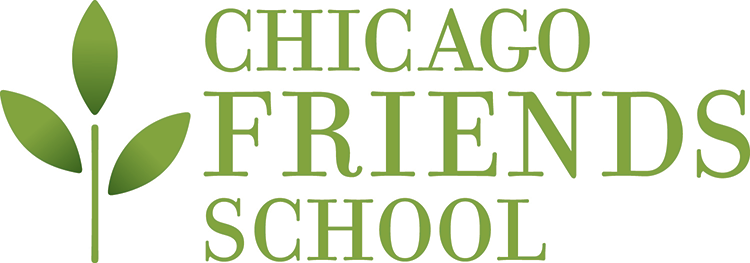The last month and a half of the semester was a time that was heavy on reflection in my classroom. We began new units in reading in writing, which meant students had an opportunity to check-in by completing self-assessment checklists to see if and where their skills were stretched in the previous units. These itemized lists allow students to not only think concretely about whether they’ve used specific skills – skills like retelling your steps out loud or adding details to help readers understand what you are teaching – but how well they have used them in the past. Students keep these checklists and are able to refer back to them as they are constructing their cumulative writing piece or reading more nonfiction teaching books.
This was also a time for me to check in with families for the first time this school year. Parent-teacher conferences were a great opportunity to get to know each family personally and hear about their specific goals, concerns, and hopes for each student. This gave me great insight into the students’ academic and social-emotional goals outside of the classroom, which in turn will help me in my teaching. On my end, the conferences will help me adjust my teaching in terms of differentiation so that I can truly make sure each student is getting what they need academically and socially for the latter half of the year. This time also allowed me to make deeper connections with all the friendly faces I’ve seen in passing or spoken to briefly since starting at CFS.
I also thought it was extremely important for students to voice how they felt their own progress was going this school year. To that end, in December and continuing through January, the students and I are having our own check-ins called “teacher-student conferences,” where each member of the classroom can share (in confidence) how they feel things have been going since I transitioned into the role of their teacher. These short conversations serve as a safe opportunity for students to ask me for help with anything they might be struggling, suggest anything they’d like to see differently in the classroom, or just have a one-on-one conversation with me for the purpose of getting to know each other better. Although I love hearing students respond ‘everything!’ to answer the question ‘what has been going really well so far?’ the most valuable takeaway is when students have felt comfortable in asking me for whatever it is they need to have a better classroom experience, whether it be big or small. My hope is that students will use these meetings as one more opportunity to feel in control of their own learning.


Mooni Abdus-Salam
is a classroom teacher for grades 2-3. Mooni is originally from Atlanta, Georgia. She received her BA in English from Roosevelt University and has worked in educational settings in Chicago Public Schools, not-for-profit organizations, and in Chicago City Colleges. While earning her MEd in English Language Teaching and Learning at Loyola University Chicago, Mooni transitioned to working in independent school settings. She completed the assistant teacher program at Latin School of Chicago in the Gold Coast and spent two years working in a mixed grade elementary classroom with a neurodiverse student population.
Outside of teaching, Mooni enjoys running, reading, writing, traveling, and learning new ways of advancing the literacy of linguistically diverse students.